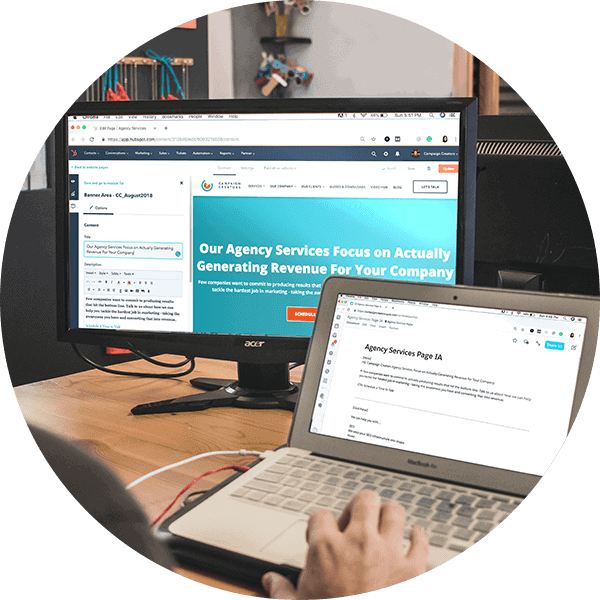
Does Your Company Need Social Media Listening?
July 22, 2016
Traffic Dropped after Website Re-Design. Should You Set the SEO Alarm?
July 29, 2016
Modern digital marketing trends lead companies towards adapting their SEO strategies to customers’ behaviors. And although some multi-billion brands like Apple still have the power to inspire those trends from scratch, other companies need to follow what their customers dictate. Finding out the search habits of your buyer personas is one of those ways.
Search habits are very complex and diverse. We all search differently, use different keywords, and visit different websites, but there are 3 main ways your buyers will utilize the technological power of search engines to reach you:
1. Browsing Search
Have you ever felt you needed something, but couldn’t give it a name? Even worse, you have no idea about the possible solutions, or if there are any at all! That’s when you probably start browsing, trying out different broad and short-tail keywords, going on Q&A websites, tweeting for help, and just generally surfing the web with the purpose of understanding your problem, giving it a name, and learning more about the possible solutions.
For instance, if you’re not closely following digital marketing news, you may notice a drastic drop in your organic traffic, lead generation, and keyword rankings one day. Now, this is a very vague SEO problem that could happen for a number of reasons; Google rolled out a new update, your content is not targeted enough, your content distribution is not enough, or your competitors are on a mission to overthrow you (and seems like they are close). These are some of the visible problems, but sometimes the issue may be caused by the code or web design, which is far more technical and you definitely need an expert there.
So, the users who are in this stage have landed on your website and they aren’t looking for much more than information. These users need help identifying their problem, not a commitment to a solution service — yet.
2. Location-based Search
Once users have “named” their problem and have started identifying some of the solutions that might help, they will start using filter words in their search keywords. These users will most likely use their location as one of those filters.
For example, if you think it’s high time for you to renovate your backyard adding a pool, a kitchen, or change=ing the landscape entirely, you’ll obviously look for local companies. Instead of prompting Google to search GLOBALLY for “garden landscaping services,” you will search for “garden landscaping services greenville sc” (or where ever it is that you live).
To put yourself ahead of competitors in your area in the search results, utilizing location-based keywords and optimizing your website for local and mobile search can be a game changer in terms of lead generation.
Remember, you don’t have to be local to engage in local search. If you’re working toward a national audience, segment by primary and secondary locations etc. to increase the chances of being found on search engines.
3. Brand-based Search
There are usually two scenarios where users may start a branded search:
- Some companies have already established themselves as industry leaders and consumers know their name is almost synonymous to the service or product they offer (Apple, Google, Samsung, BMW, IKEA, etc.)
- The user has named their problem, identified possible local solutions, and they will start a branded research to find the best candidate to solve their problem
Scenario #2 is when you have to make sure your online reputation radiates trust and quality so consumers know you’re a company worth contacting. Keep an eye on review websites for any mention of your company, don’t leave tweets unanswered, and respond to negative comments quickly, thoroughly, and professionally. As a final touch, make sure to provide a quick response when contacted directly.
Of course, these 3 categories we’ve highlighted might include the same people in different stages of their buyer’s journey.
It’s important to understand that even if your goal is to profit, you should still pay equal amount of attention to users in every stage of the buyer’s journey; you cannot guess where your customer will enter the process from. Some people can instantly give a name to their solution and start looking for local brands right away, but others need more time to research. If you concentrate your efforts only on the last stage, it means you’re not competing for a big portion of marketing potential available before that.
Make sure your website meets the needs of all three stages. Develop content meant for every type of search and be ready to help your readers no matter what information they are looking at that moment.
If you are ready to enter the game from the start line, grab a free copy of our latest Zero Moment of Truth ebook below.









